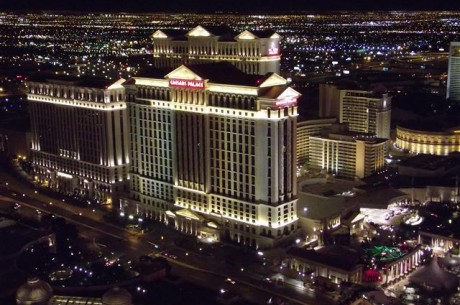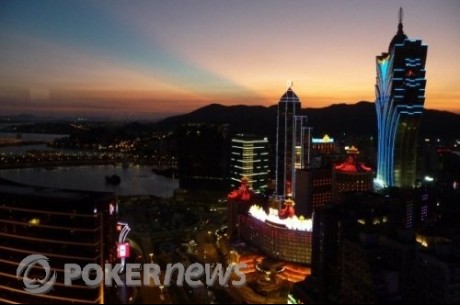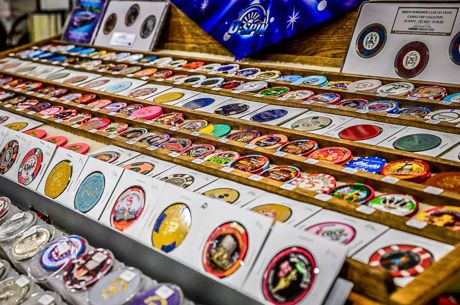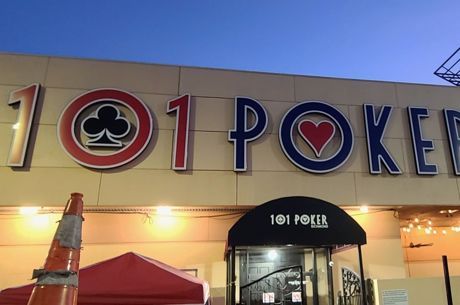Inside Gaming Litigation Edition: Mo' Money, Mo' Problems for Sands and Wynn
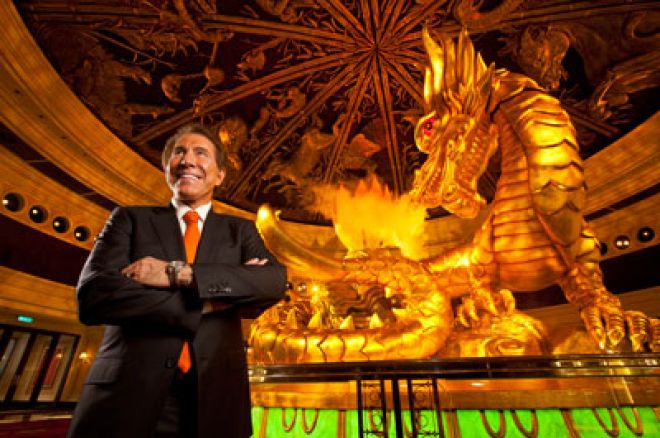
Things are getting ugly for Steve Wynn. He could be spending even more time in the courtroom now that his extremely litigious feud with former business partner Kazuo Okada has sparked an SEC investigation and the first of a potential avalanche of derivative shareholder lawsuits. At least he won't have to worry about juggling court with the responsibilities of being one of the world's most admired CEOs. Barron's crossed him off its list of the world's 30 best CEOs last week. Keep reading to find out more on Wynn, Sheldon Adelson, and Station Casinos.
From Shareholder Lawsuit to Barrons Slight, Business World Losing Confidence in Wynn Resorts
Wynn Resorts Ltd. board members, including Steve Wynn and Kazuo Okada, were sued by a shareholder who says the board's conduct has damaged the value of investments in the company. The move could be the first of many lawsuits brought by shareholders; Okada and Wynn are involved in a vicious legal battle that Okada says is about Wynn Resorts' $135 million donation to the University of Macau. Wynn says it is a diversion from Okada's bribery of Philippine gaming officials and stealing of company knowledge to open a competing Asian mega-resort. Shareholders say no matter what it's about, it's hurting the value of the company.
TheLouisiana Municipal Police Employees' Retirement System, which owns Wynn shares as part of its pension plan portfolio, filed suit on Tuesday claiming that Wynn Resorts directors breached their fiduciary duties "by allowing Wynn Resorts to engage in ... waste of corporate assets and to allow potential violations of the Foreign Corrupt Practices Act (FCPA) from at least 2009 to the present." Last year, the Louisiana agency filed a similar suit against the Las Vegas Sands for damage to the company caused by potential FCPA violations.
The lawsuit against Wynn Resorts goes on to say that "regardless of who ultimately prevails in the Wynn Resorts boardroom battle, it is the company that has, and will, lose the most." The Louisiana shareholder sued all 12 Wynn Resorts board members individually on behalf of the company so the company could claim damages from their personal funds to improve the value of shares held by Wynn Resorts stockholders. The lawsuit also asks the court to bar Wynn Resorts from fulfilling the remainder of its pledge to the University of Macau.
Many law firms have issued press releases in the last several weeks announcing their investigations into Wynn Resorts, prompting speculation that other shareholders may follow the Louisiana Municipal Police Employees Retirement System's lead in suing the company's management.
In a more personal blow to Steve Wynn's ego, international business magazine Barron's dropped Wynn from its annual list of the top 30 CEOs in the world. "While Wynn Resorts' Steve Wynn has been a huge winner for investors of the past few decades, we dropped him after he had an acrimonious business dispute with a Japanese partner," the magazine wrote. Wynn was one of 12 CEOs cut from the list, including the late founder of Apple, Steve Jobs, the retired CEOs of IBM andCostco, and the CEO of the financially troubled Netflix.
VegasInc.com has much more on the latest lawsuit, and check out Barron's to see who stayed in control of their World's Best CEO spots and which new corporate stars took Wynn's place.
Sands Facing New Shareholder Lawsuit and $375 Million Damage Claim from Macau Company
A new shareholder lawsuit was filed today against the board of the Las Vegas Sands Corp., contending that mismanagement was the primary cause of the company's 2008 drop in stock price and that the economic recession merely exacerbated it. Sands stock dropped from $36.11 per share on Oct. 1, 2008, to $7.85 on Nov. 6, 2008, the filing noted. Share price was as high as $144 in 2007 and as low as $1.38 in 2009.
"Defendants issued a series of materially false and misleading statements that failed to disclose that the Las Vegas Sands was facing a liquidity crisis so severe that it threatened to crater the company," the suit claims. The Sands has consistently denied those allegations.
The latest suit is a derivative action on behalf of shareholder Ernest Kleinschmidt. Three similar suits were combined into one case and dismissed in 2009, and two similar class-action suits are currently moving through federal court.
Sands' subsidiary,Sands China Ltd., was also sued this week. Macau-based Asian American Entertainment Corp. is seeking $375 million in damages from Sands China and three related companies for an alleged breach of agreements surrounding the Sands' 2001 acquisition of a gaming license for the Venetian Macau. Asian American Entertainment, controlled by Taiwanese businessman Shi Sheng Hao, claims that the Sands improperly severed a partnership agreement.
VegasInc.com covers the U.S. suit, and Bloomberg has the scoop on the Macau claim.
Stations Settles City of Henderson Suit over Competitor's Operating Permit
Station Casinos LLC settled a lawsuit this week against the city of Henderson, Nev., when the city attorney's office reversed its position on granting a gaming license to the currently shuttered Roadhouse Casino. Litigation against Roadhouse owner Robert McMakin and operating company Marengo Inc. remains unresolved. The Roadhouse is near three Station properties: Sunset Station, Fiesta Henderson, and Boulder Station.
A Station property, Sunset Station LLC, filed suit in Nov. 2010 claiming that the city of Henderson had unlawfully granted an operating permit to McMakin to allow him to renovate and reopen the Roadhouse as a nonrestricted casino even though the Roadhouse does not have an attached hotel. Henderson city code requires properties to have at least 200 hotel rooms in order to operate nonrestricted casinos. Otherwise they are limited to slot machines and video lottery terminals.
According to the settlement reached on Monday, the city attorney's office in Henderson reversed its decision to grant a permit to the Roadhouse, and Station dropped the lawsuit and agreed to pay its own legal fees. City Attorney Josh Reid acknowledged that the approval of Roadhouse's permit application was an error. The city thought that the Roadhouse had a valid conditional use permit for nonrestricted gaming, but the permit had expired in 2006.
"The company was grateful the city was willing to take a look at it a second time," said Station's attorney, Todd Bice. "After they investigated the situation, we were able to come to an agreement."
The Las Vegas Review-Journal has more settlement details.
Follow PokerNews on Twitter for up-to-the-minute news.
*Photo courtesy of Forbes.com


